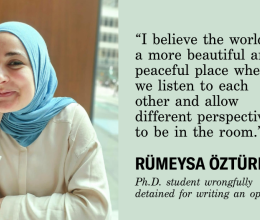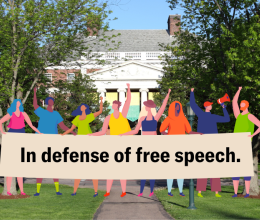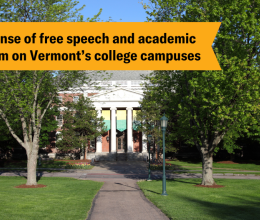Montagno v. City of Burlington challenged the City's policy of pressuring landlords to evict low-income tenants for calling police for help “too frequently." In this case, our client Joseph Montagno and other tenants in his building repeatedly called the police to report these problems and request assistance. Eventually, Burlington police started tracking the number of calls for police help. Based on the number of calls, Mr. Montagno was classified as a “frequent caller” and a “public nuisance.”
Then, without notifying him, officials contacted Mr. Montagno’s landlord and threatened that unless “remedial action” was taken, the landord’s occupancy certificate would be revoked. Predictably, Mr. Montagno’s landlord promptly moved to have him evicted. As a result, Mr. Montagno was left homeless. On behalf of our client, we sent a demand letter to the City detailing how its actions violated our client’s rights under the First Amendment, Fourteenth Amendment, and anti-discrimination laws. The City denied wrongdoing and refused to suspend enforcement of the policy against Mr. Montagno or others. The ACLU of Vermont filed a complaint in the U.S. District Court of Vermont on behalf of Mr. Montagno on August 23, 2016.
The ACLU has successfully challenged similar municipal practices around the country, which disproportionately target victims of crime - particularly survivors of domestic violence, people of color, and individuals suffering from mental illness.
On June 1, 2017, the court granted in part and denied in part the City's motion to dismiss, allowing the case to proceed.
As 2017 drew to a close, the ACLU and the City of Burlington settled the lawsuit. The terms of the settlement included substantive changes to the city ordinances that led to the eviction, as well as a $30,000 compensatory payment to Mr. Montagno. Thanks to this case, vulnerable people will no longer lose their housing simply because they need police assistance.
The ACLU of Vermont continues to advocate in Burlington for municipal policies that provide due process for tenants and better protections for populations at greatest risk of losing their housing.






